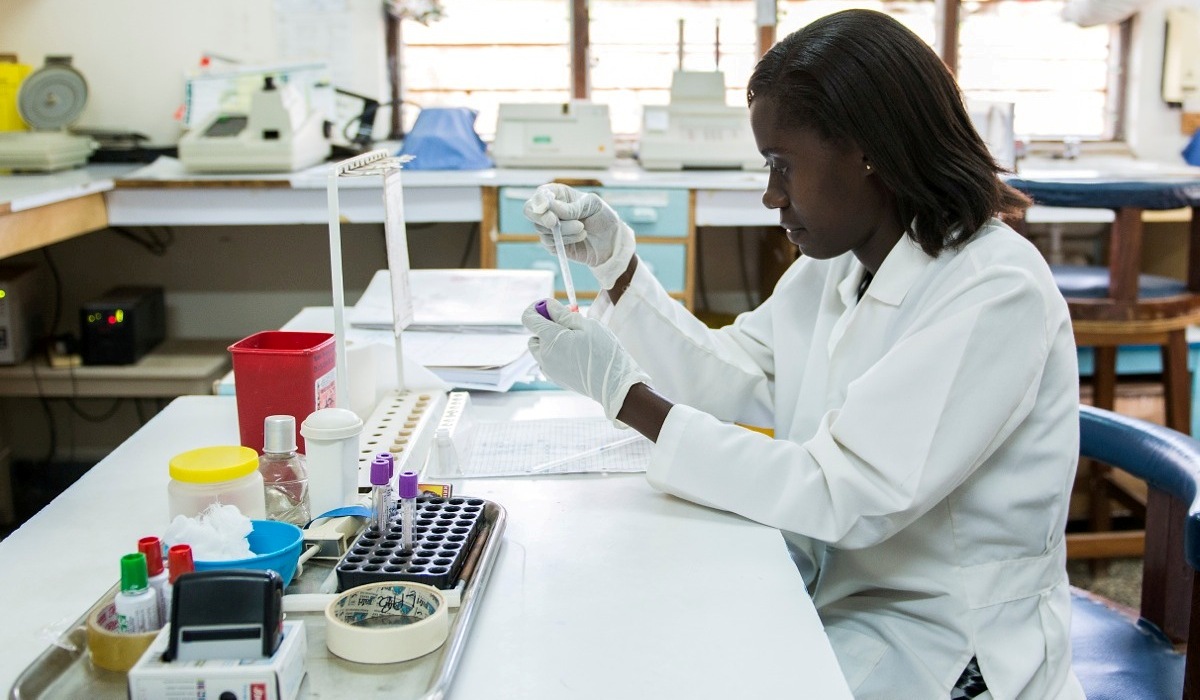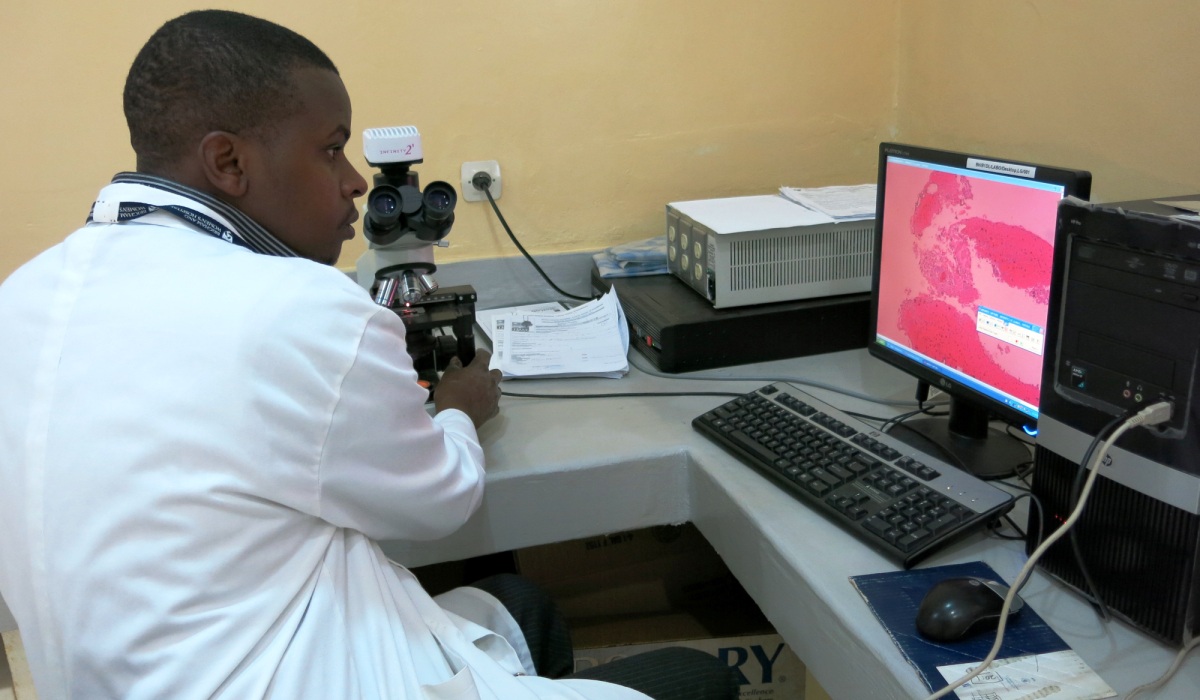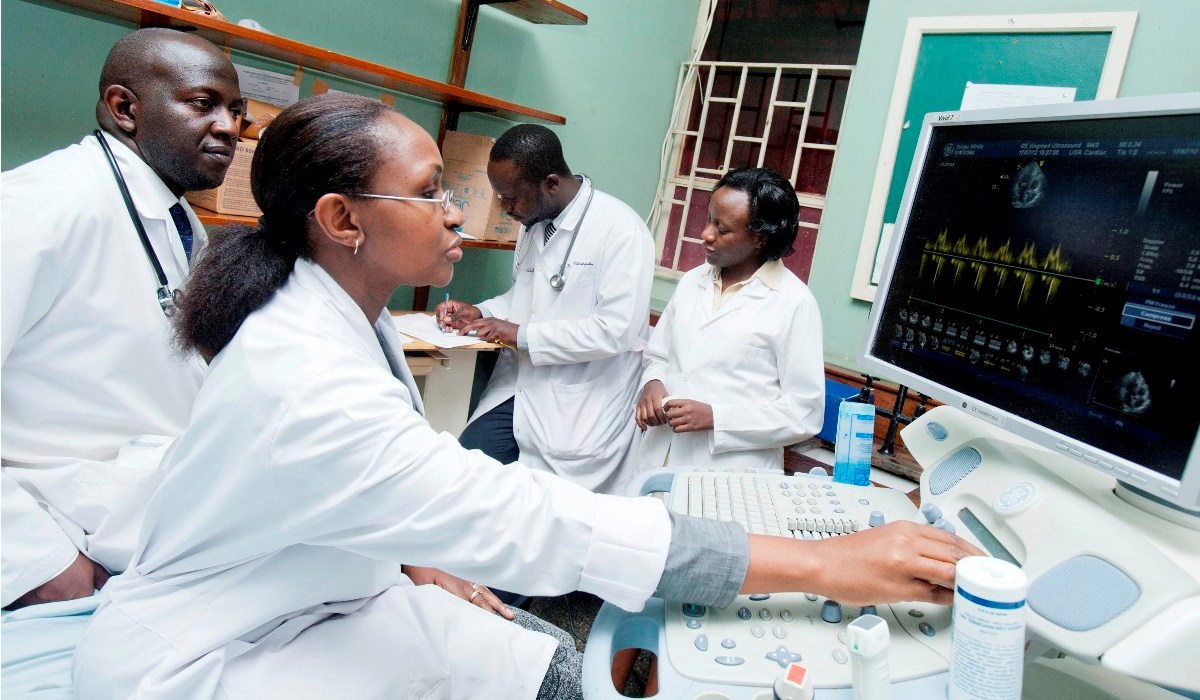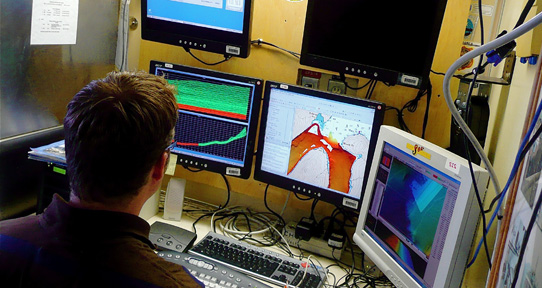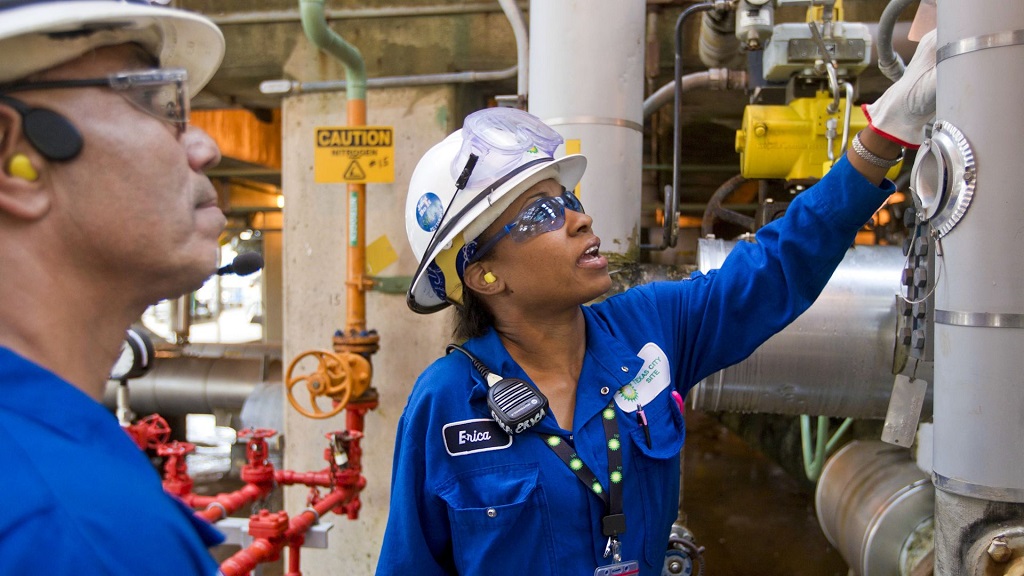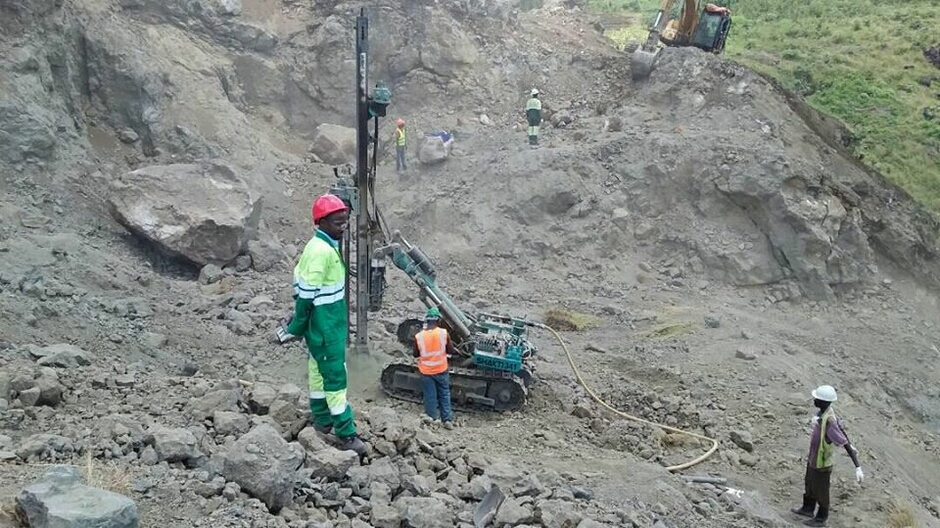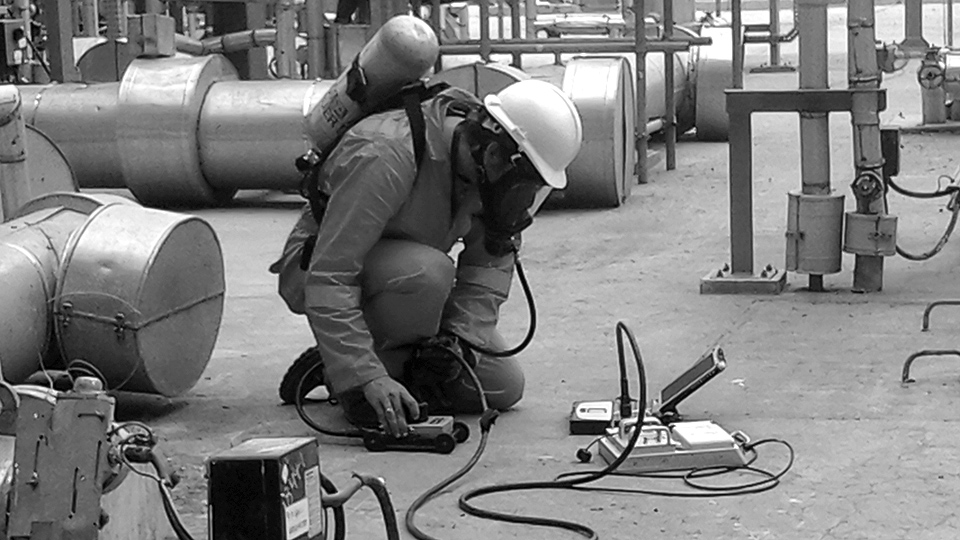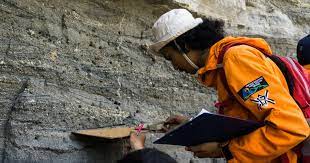Breaking News
- Flexible Remote Work Opportunity for University Students: Earn $100–$250 Per Month ...Read More
- Ministry of Education and Sports Azerbaijan Government Scholarships For 2025-2026 Academic Year ...Read More
- Government Sponsorship Undergraduate Admission Lists 2025-26 for Makerere University ...Read More
- Ministry of Education And Sports: Egyptian Government Scholarships 2025-2026 Academic Year ...Read More
- Ground Breaker Full Scholarship for girls to study Software Engineering 2025 July Intake ...Read More
- Tony Elumelu Foundation Entrepreneurship Programme (TEEP) 2025 for young African Entrepreneurs ...Read More
- DESIGNING FUTURES 2050 International Design Competition 2025 (€15,000 prize) ...Read More
- Ground Breaker Full time Scholarship for girls to study Software Engineering 2025 Intake ...Read More
- Ministry of Education And Sports Algerian Vocational Training Scholarships for 2024-2025 AY ...Read More
- Ministry of Education and Sports Advert for the Algerian Government Scholarships for 2024-2025 ...Read More
Geographer
Study the nature and use of areas of the Earth's surface, relating and interpreting interactions of physical and cultural phenomena. Conduct research on physical aspects of a region, including land forms, climates, soils, plants, and animals, and conduct research on the spatial implications of human activities within a given area, including social characteristics, economic activities, and political organization, as well as researching interdependence between regions at scales ranging from local to global.
Add to Favourites Know moreGeographic Information Systems Technician
Add to Favourites Know moreGeographic Information Systems Technician
Assist scientists, technologists, or related professionals in building, maintaining, modifying, or using geographic information systems (GIS) databases. May also perform some custom application development or provide user support.
Add to Favourites Know moreGeography Teacher, Postsecondary
Teach courses in geography. Includes both teachers primarily engaged in teaching and those who do a combination of teaching and research.
Add to Favourites Know moreGeological and Petroleum Technician
Assist scientists or engineers in the use of electronic, sonic, or nuclear measuring instruments in both laboratory and production activities to obtain data indicating potential resources such as metallic ore, minerals, gas, coal, or petroleum. Analyze mud and drill cuttings. Chart pressure, temperature, and other characteristics of wells or bore holes. Investigate and collect information leading to the possible discovery of new metallic ore, minerals, gas, coal, or petroleum deposits.
Add to Favourites Know moreGeological Sample Test Technician
Test or analyze geological samples, crude oil, or minerals to detect presence of petroleum, gas, or mineral deposits indicating potential for exploration or production or to determine physical or chemical properties to ensure that products meet quality standards.
Add to Favourites Know moreGeophysical Data Technician
Measure, record, or evaluate geological data, using sonic, electronic, electrical, seismic, or gravity-measuring instruments to prospect for oil or gas. May collect or evaluate core samples or cuttings.
Add to Favourites Know moreGeoscientist, Except Hydrologist and Geographer
Study the composition, structure, and other physical aspects of the Earth. May use geological, physics, and mathematics knowledge in exploration for oil, gas, minerals, or underground water; or in waste disposal, land reclamation, or other environmental problems. May study the Earth's internal composition, atmospheres, oceans, and its magnetic, electrical, and gravitational forces. Includes mineralogists, crystallographers, paleontologists, stratigraphers, geodesists, and seismologists.
Add to Favourites Know moreGeospatial Information Scientists and Technologist
Add to Favourites Know moreGeospatial Information Scientists and Technologist
Research or develop geospatial technologies. May produce databases, perform applications programming, or coordinate projects. May specialize in areas such as agriculture, mining, health care, retail trade, urban planning, or military intelligence.
Add to Favourites Know more


























